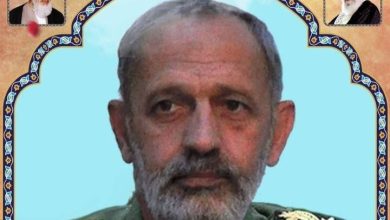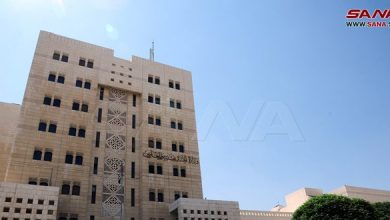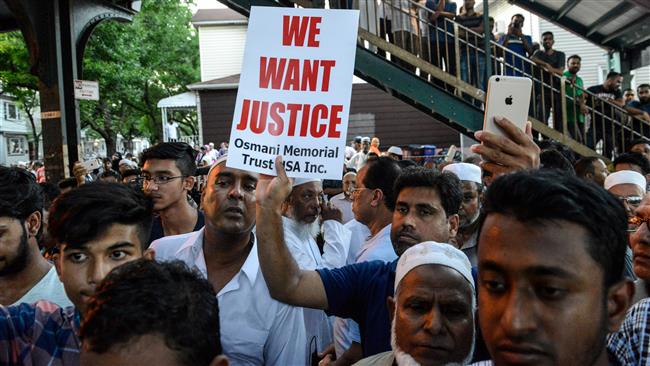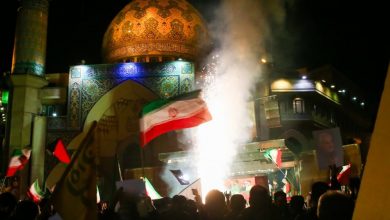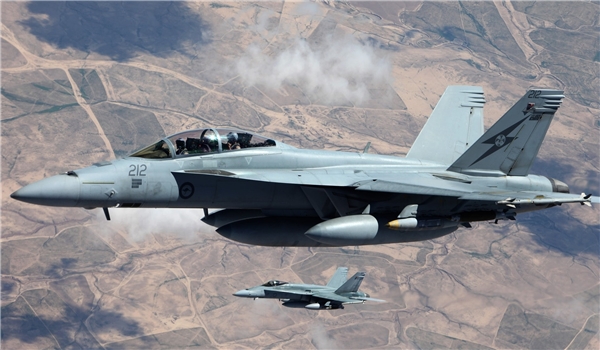France’s Total to Go ahead with Major Iran Gas Project -CEO
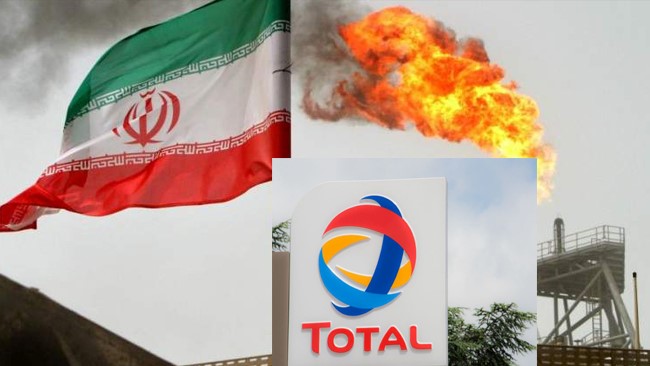

Chief Executive Patrick Pouyanne said the French group would make an initial $1 billion investment after the United States extended sanctions relief for Iran under the 2015 agreement.
Washington has warned that it could cancel the sanctions waivers if it believes Tehran is not curbing its nuclear programme in line with the deal with world powers.
“It is worth taking the risk at $1 billion because it opens a huge market. We are perfectly conscious of some risks. We have taken into account (sanctions) snap-backs, we have to take into account regulation changes,” Pouyanne said in an interview.
The offshore field was first developed in the 1990s, and Total was one of the biggest investors in Iran until the international sanctions were imposed in 2006 over suspicions that Tehran was trying to develop nuclear arms.
Total has decided to return and develop phase 11 of the South Pars project in the Gulf, which will cost up to $5 billion, at a time when President Hassan Rouhani has faced criticism at home over a lack of economic revival following the easing of sanctions under the nuclear deal.
Though one of the world’s largest oil and gas producers, most major international giants including Royal Dutch Shell and BP have so far shown limited appetite to invest in Iran, due to uncertainty over contract terms and a sharp drop in global oil prices.
U.S. President Donald Trump’s hard line on Iran has further cooled the investment climate, even though his administration extended the wide sanctions relief last month.
“The U.S. waivers have been renewed and they will be renewed every six to eight months. We have to live with some uncertainty,” said Pouyanne.
Total holds a 50.1 interest in the South Pars project along with state-owned China National Petroleum Corporation, with 30 percent, and Iran’s Petropars with a 19.9 percent, he said.
The French group has also made a number of significant investments in recent years in Abu Dhabi, Qatar and Brazil as Pouyanne sees the three-year downturn in the global energy market as an opportunity to clinch deals for cheap resources to secure strong growth.
